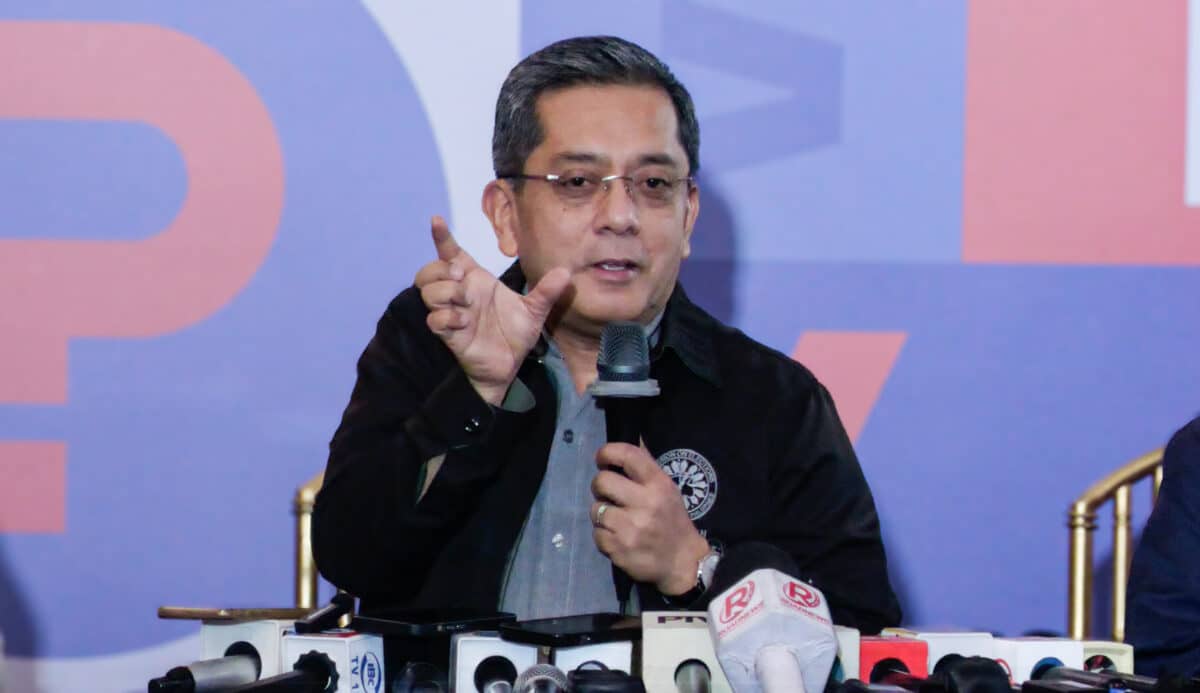Comelec starts printing ballots for July 25 BARMM mock polls

In preparation for the upcoming Bangsamoro parliamentary elections, the Commission on Elections (Comelec) said on Monday it has started printing ballots for the mock polls set on July 25, while the official ballots will be printed in the first or second week of September. — File Photo by Noy Morcoso/INQUIRER.net
MANILA, Philippines—In preparation for the upcoming Bangsamoro parliamentary elections, the Commission on Elections (Comelec) said on Monday it has started printing ballots for the mock polls set on July 25, while the official ballots will be printed in the second or third week of August.
Comelec chair George Erwin Garcia said the printing of around 200,000 mock election and test election ballots is currently ongoing, which will be needed for the July 25 mock elections to be held at Lanao del Sur and Tawi-Tawi.
“More or less, that will be 200,000 ballots because we said it should be more; the number should be increased because it is better if more people know what their ballot is currently like,” Garcia said in an ambush interview at the Comelec office.
READ: Comelec affirms Oct. 13, 2025 date for BARMM polls
Garcia made the statements after a ceremonial signing of a memorandum of agreement between the Comelec, National Printing Office, and Korean firm Miru Systems for the printing of the official ballots that will be used in the parliamentary elections in the Bangsamoro Autonomous Region in Muslim Mindanao (BARMM) scheduled for Oct. 13.
As for the official ballots, Garcia said the Comelec will be printing around 2.3 million copies, accounting for the same number of voters during the midterm elections held last May.
“Now, we are asking our provider, as well as the National Printing Office, that they should not rush the verification…if needed, verify the ballots two, three times using the machine that we saw in South Korea, which could directly verify,” the Comelec chief said.
Earlier on the same day, the Comelec also held a “trusted build” for the Automated Election System (AES) that will be used in the Bangsamoro polls.
Garcia explained that there will be some changes in the ballots for the Bangsamoro elections, which will now include photos of the candidates as well as an option for “none of the above.”
The Comelec chief explained that the source code of the AES needed to be reworked to implement the said changes in the official ballots, which was why there needed to be a “trusted build” to generate a “new version” of the program.
Following the events this Monday, Garcia said the Comelec will also conduct a source code review on Thursday, July 17.
“We will again invite the IT experts, the interest groups for the source code review so they can study the actual source code that we will use for the Bangsamoro parliamentary elections,” Garcia said./coa


















